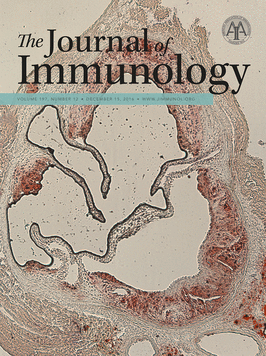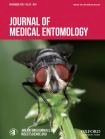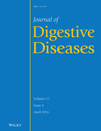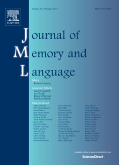 A lab at the University of California, Los Angeles has retracted two papers for duplicated images.
A lab at the University of California, Los Angeles has retracted two papers for duplicated images.
These retractions — in the Journal of Immunology — represent the second and third retractions for the lab head; he lost another paper after one of his former students confessed to manipulating images.
Although Eriko Suzuki admitted to her actions on PubPeer in 2014, the 2007 Oncogene paper wasn’t retracted until June, 2016, when the journal issued a notice citing “data irregularities.”
Unfortunately, Suzuki’s admission in 2014 wasn’t the end of the troubles for lab head Benjamin Bonavida, who recently issued two additional retractions in the Journal of Immunology, only one of which includes Suzuki as a co-author.
Bonavida told us the university received allegations (he’s not sure from who) that some of the control gels were duplicated; he didn’t agree, but couldn’t produce the original gels to disprove it. We asked if any more retractions were coming from Bonavida, who has since retired from running a lab:
Continue reading UCLA lab pulls two papers — one by author who admitted to misconduct



 In August, Science told us it was
In August, Science told us it was  The BMJ has released a
The BMJ has released a  The University of Tokyo is investigating a 2011 stem cell paper in Cell Cycle, recently retracted over irregularities in four figures.
The University of Tokyo is investigating a 2011 stem cell paper in Cell Cycle, recently retracted over irregularities in four figures.
